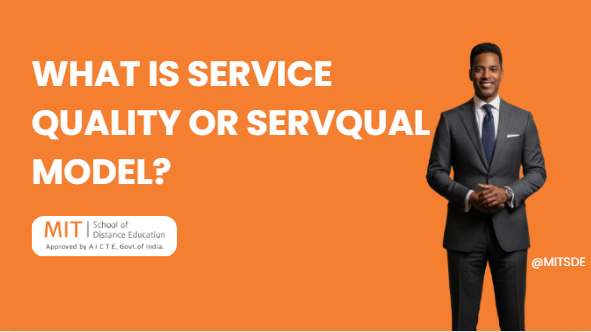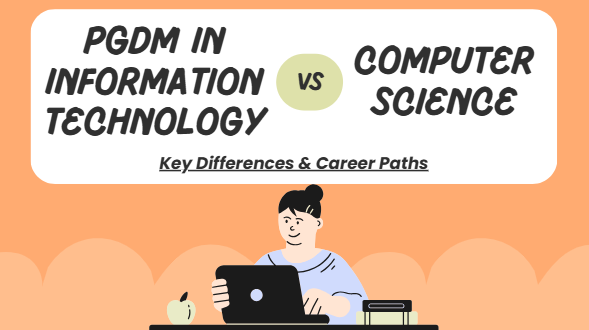
Service quality is an essential aspect of service marketing. It is a measure of service quality. It shows how well services meet customer expectations and satisfaction levels. Service is intangible; unlike tangible products, there is no physical evidence or parameters to measure their quality.
Hence the SERVQUAL model sets the parameters, based on which the service quality is measured.
Service quality encompasses several aspects, including performance, features, reliability, responsiveness, assurance, and empathy displayed by the service provider. It plays a significant role in customer satisfaction and loyalty. Poor service quality can lead to unsatisfied customers, complaints, and customer attrition. 
To ensure service quality, organizations need to focus on delivering consistent, reliable, and responsive services. This involves meeting customer expectations, resolving concerns promptly and effectively, competency and expertise in delivery, showing empathy, and giving personalized attention.
Measuring service quality is essential to identify areas for improvement and gauge customer satisfaction. These parameters help organizations identify gaps between customer expectations and perceptions. In case of any gaps, it allows them to make structured improvements and enhance the overall service experience.
SERVQUAL framework is a widely used model for measuring service quality. It helps businesses understand the gap between customer expectations and the actual service delivered. By assessing these gaps, organizations can identify areas for improvement and focus on improving their service quality. It also monitors the training needs of the employees.
The 5 dimensions of service quality of the comprehensive framework that evaluates the service quality are:
1. Tangibles: This dimension focuses on the physical aspects of the service. It includes the infrastructure, equipment, employees, and communication. It assesses how tangible elements contribute to customers’ perception of service quality. For example – In a beauty salon, the infrastructure, equipment, quality or products used, etc., will count as tangible aspects.
- Nearly 89% of companies now compete primarily on customer experience, making it a key differentiator in today’s highly competitive market landscape.
2. Reliability: This refers to the fulfilment of commitment by the service provider. How accurately and dependably the service is delivered, the consistency, timeliness, and the absence of errors all contribute to customer satisfaction.
3. Responsiveness: It is the willingness of service providers to help customers promptly and effectively. It measures how quickly and efficiently customer inquiries, requests, or problems are addressed. The turn-around time of query resolution has to be quick for a positive brand image.
- Over 53% of consumers abandon interactions when kept on hold, showing how delays directly impact customer satisfaction and brand perception.
4. Assurance: It is the guarantee or promise of the employees’ knowledge, competency, and courtesy. It involves building trust, instilling confidence, and reducing the knowledge gap. It is how the customers feel about the staff and if they are confident about the services delivered. Regular training and development activities for the staff improve performance, which, in turn, can positively impact the customers. It encourages positive word-of-mouth.
5. Empathy: The extent to which the service providers understand the customers is called empathy. It requires the providers to have a sound knowledge of the customer’s mindset, background, needs and demands. The quality of service improves if the provider is well aware of the customer’s psyche.
Maintaining and delivering quality service is what builds reputation and brand loyalty. Hence a service provider must understand the customer’s needs & wants and train the employees to cater to the customer demands efficiently.
Understanding the importance of service quality management is essential in the service industry.
- About 73% of consumers say they will switch to a competitor after multiple bad experiences, emphasizing the critical role of consistent customer satisfaction in brand loyalty.
MIT School of Distance Education (MITSDE) is a distance learning institute that offers management courses. It understands the current requirements of the service sector. To address the skill gaps, it has designed a PG Diploma in Marketing Management (PGDM Marketing Management) for working professionals.
This course covers –
- Basics of Service and Product Marketing
- Marketing Analytics
- Market Research Techniques
- Marketing Information System
- CSR
- Tools and Techniques of Digital Marketing



